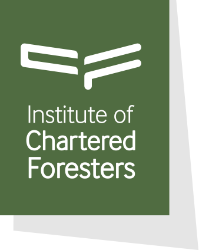BSc (Hons) - Woodland Ecology and Conservation
Climate change and biodiversity loss are the twin challenges of our time. Study a woodland ecology and conservation degree to become part of the solution by gaining expertise in forest management, biodiversity and woodland conservation.
On this degree course, you’ll be living and studying at our inspirational Ambleside campus in the heart of the Lake District National Park – the ideal location to appreciate and value the conservation and ecology of woodlands.
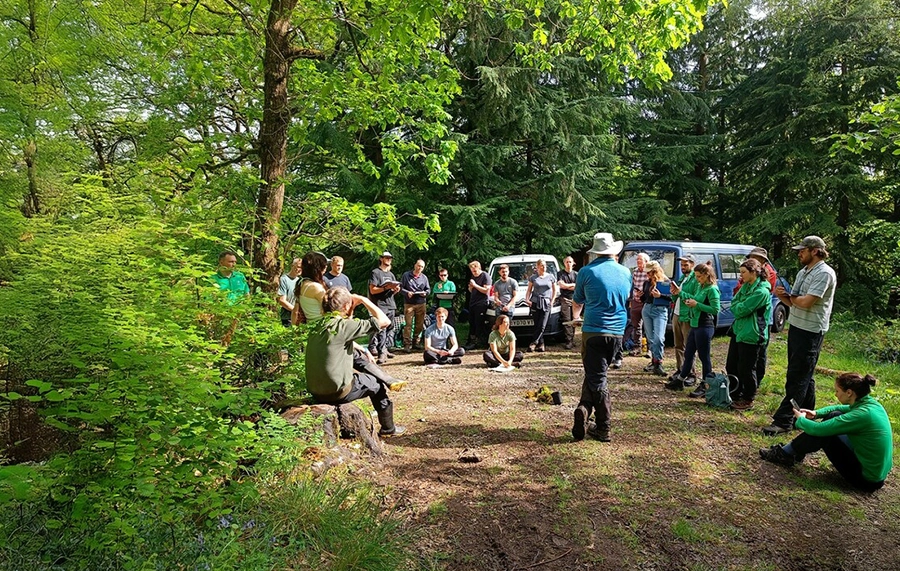
Course Overview
Our woodland ecology and conservation degree has been designed to prepare you to be a new kind of graduate, one that the world desperately needs to meet the challenges of the 21st century. This course will provide you with the ecological knowledge that underpins modern sustainable forest management. Graduates are able to manage trees, woods and forests to protect biodiversity and optimise the delivery of benefits to human society directly through timber production and space for recreation, but also to apply knowledge of essential ecosystem services; carbon, nutrient and water cycling, flood and erosion control amongst other. Graduates in woodland ecology and conservation are equipped to contribute solutions to the twin environmental challenges of our times: climate change and biodiversity loss.
As an undergraduate in woodland ecology and conservation at the University of Cumbria, you will learn how to sustainably manage trees, woods and forests at our National School of Forestry. Throughout the course, hands-on experience will back up the theory from ancient woodlands through to commercial forests, residential study tours to the upland and lowland habitats. There will also be opportunity to take a one-year work placement in a related profession, bolstering your confidence and putting your knowledge into practice in the real world.
On this course you will...
- Have easy access to local woodlands giving you the chance to explore different forest types and the ecosystems they support.
- Benefit from great opportunities for paid placements and graduate job prospects thanks to our links with organisations like the Royal Forestry Society and Woodland Trust.
- Learn from tutors with field experience, who conduct ground-breaking, international research that will inform your studies.
- Appreciate the role of global forests in climate change mitigation and the greatest threats to their conservation.
2022 Field Trip to Shetland Islands
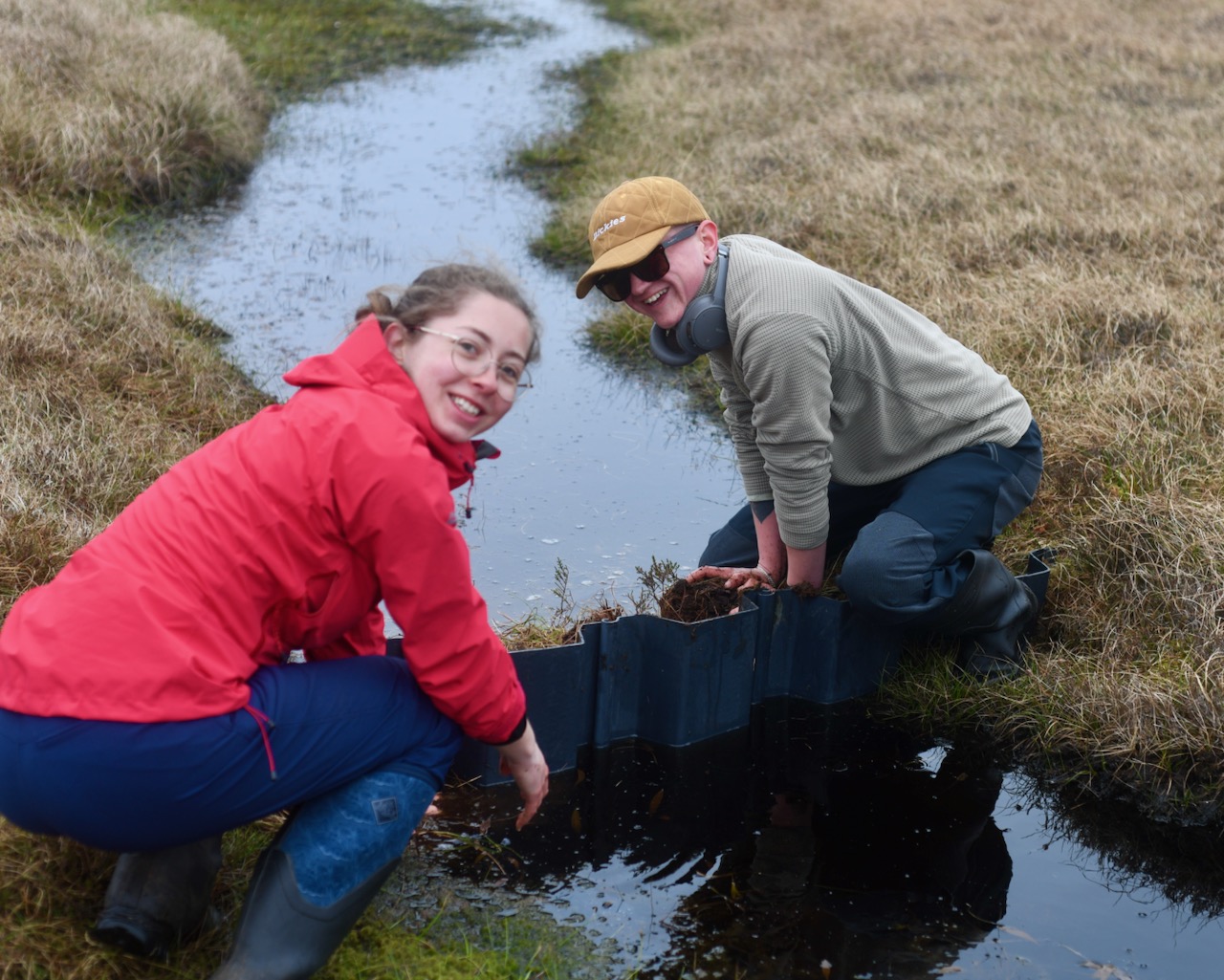


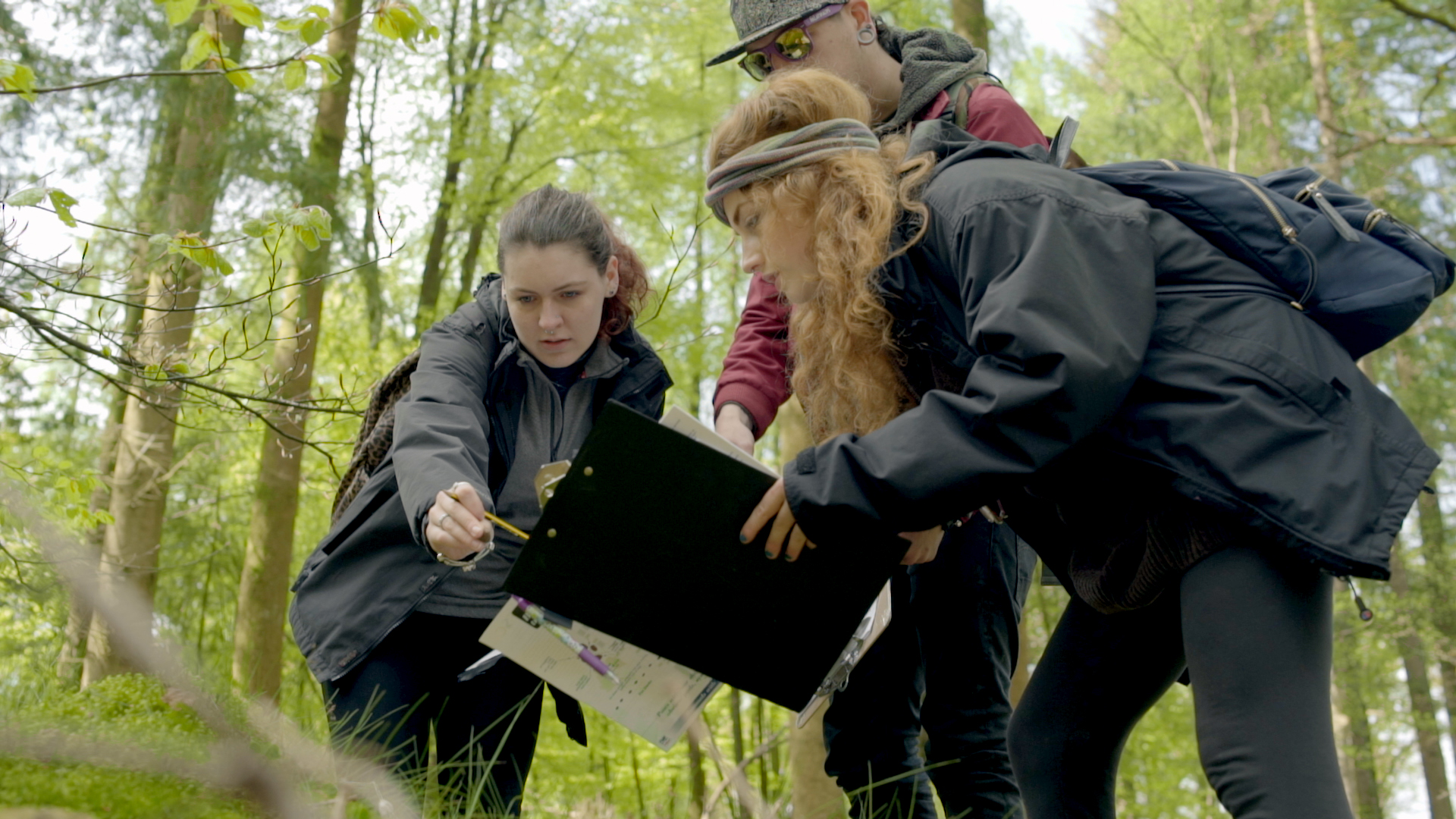
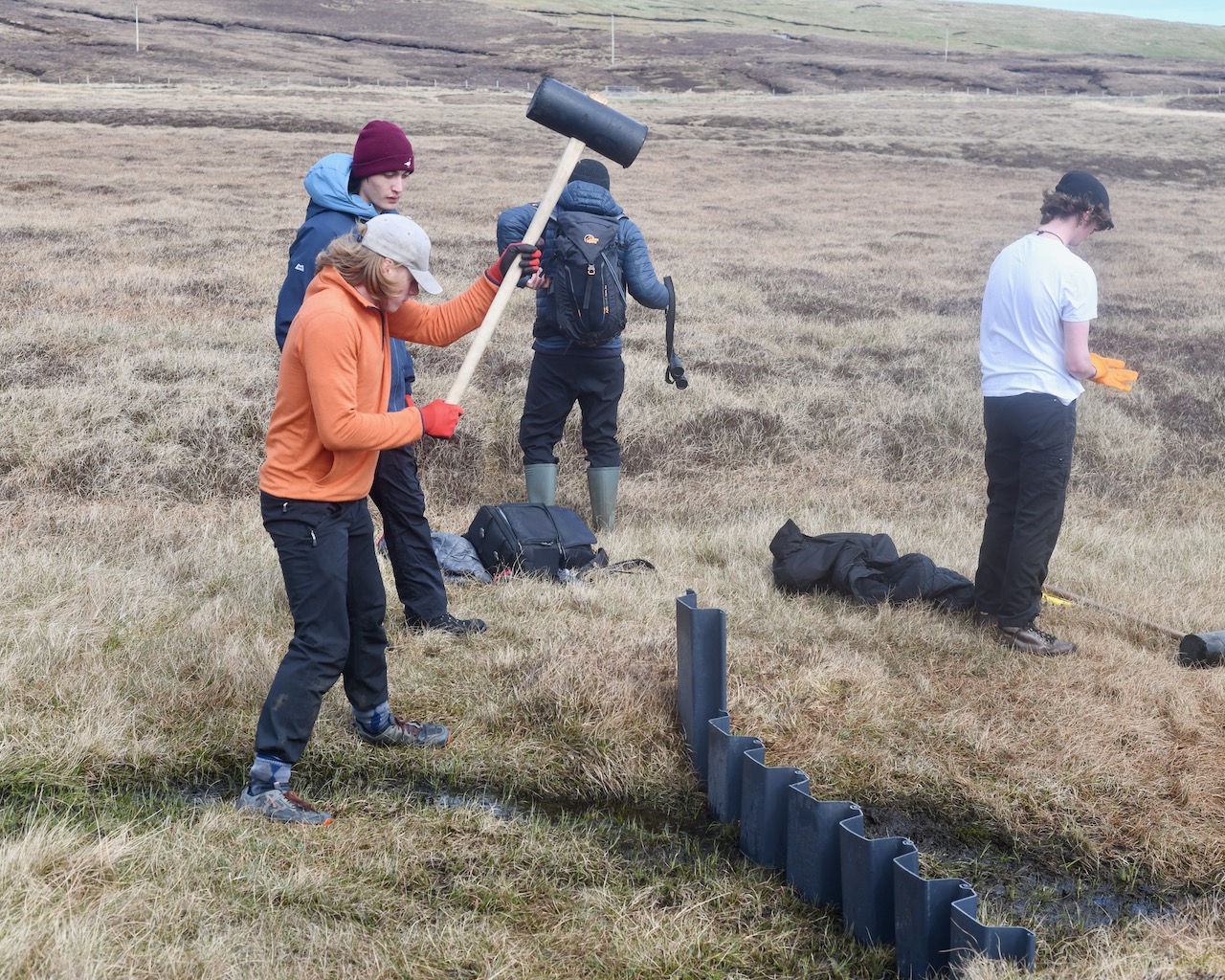
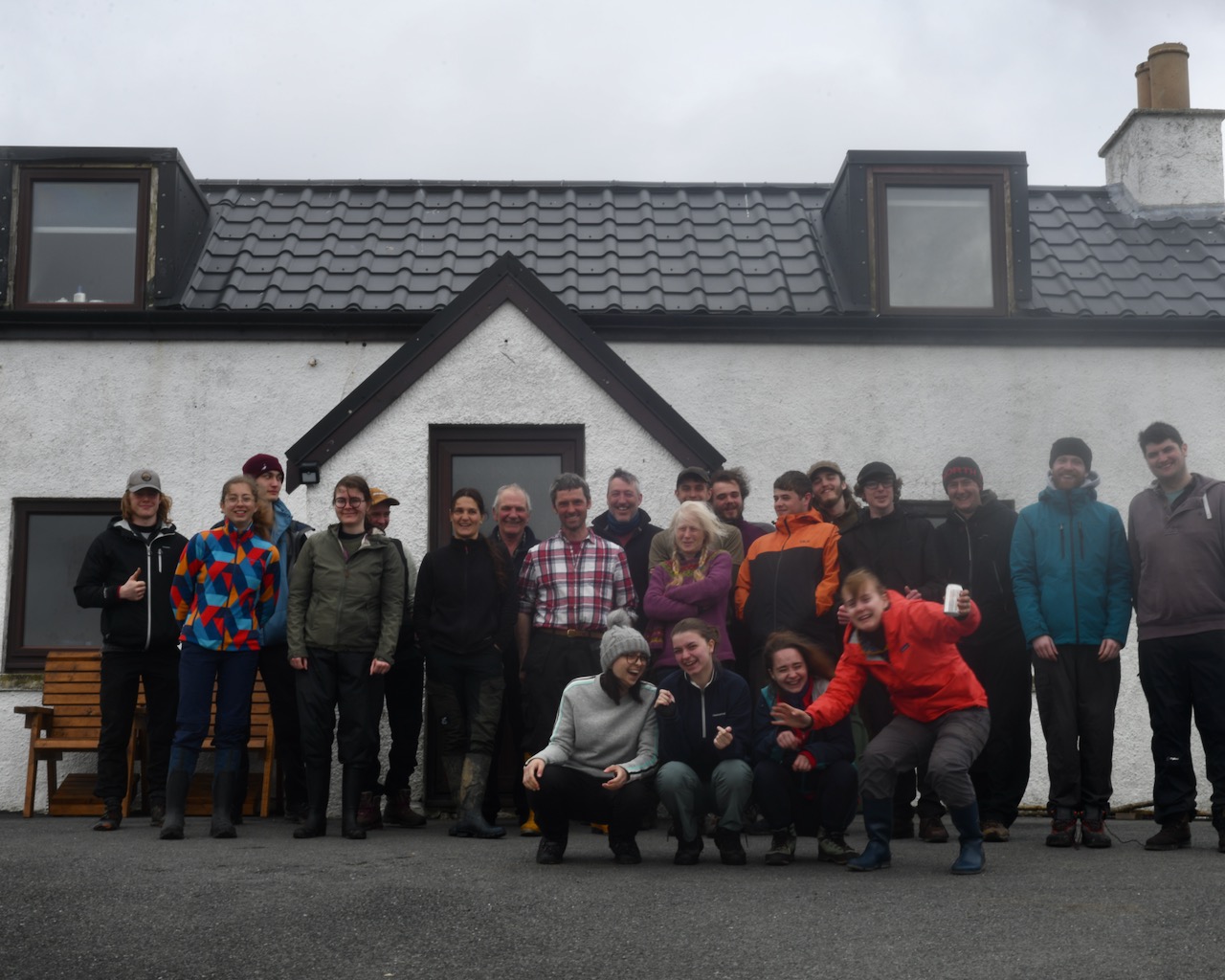
Location
Ambleside Campus
Nestled in the Lake District National Park, a UNESCO World Heritage site, the Ambleside campus is the perfect place for world-savers, animal lovers, and adventurers. There is never a dull moment when surrounded by such natural beauty and opportunity.
Find out more
Find out more about studying with us
Attend an Open Day at Cumbria
An Open Day is your opportunity to explore one of 5 campuses, meet your lecturers, and find out how the University of Cumbria could become your new home.


